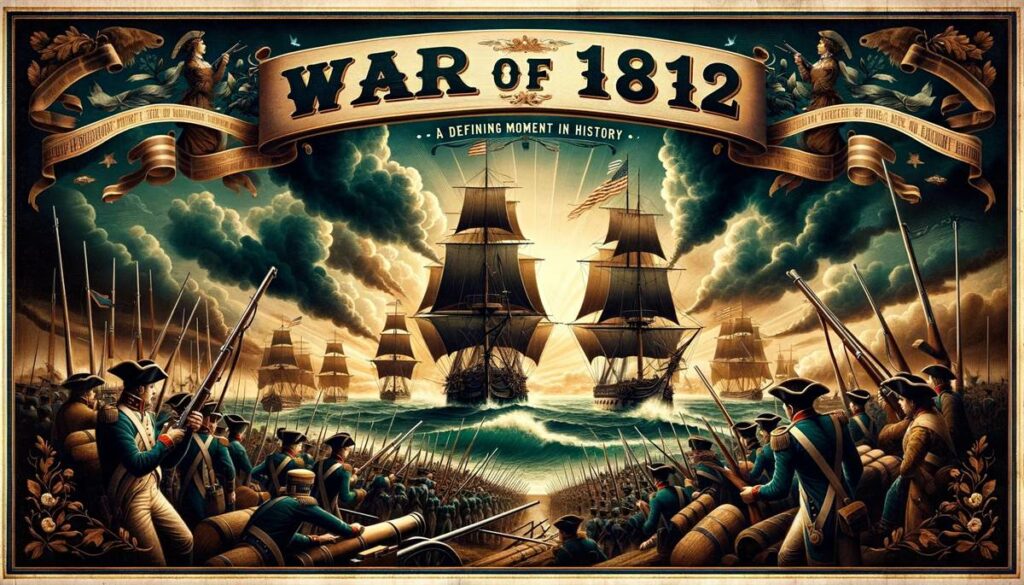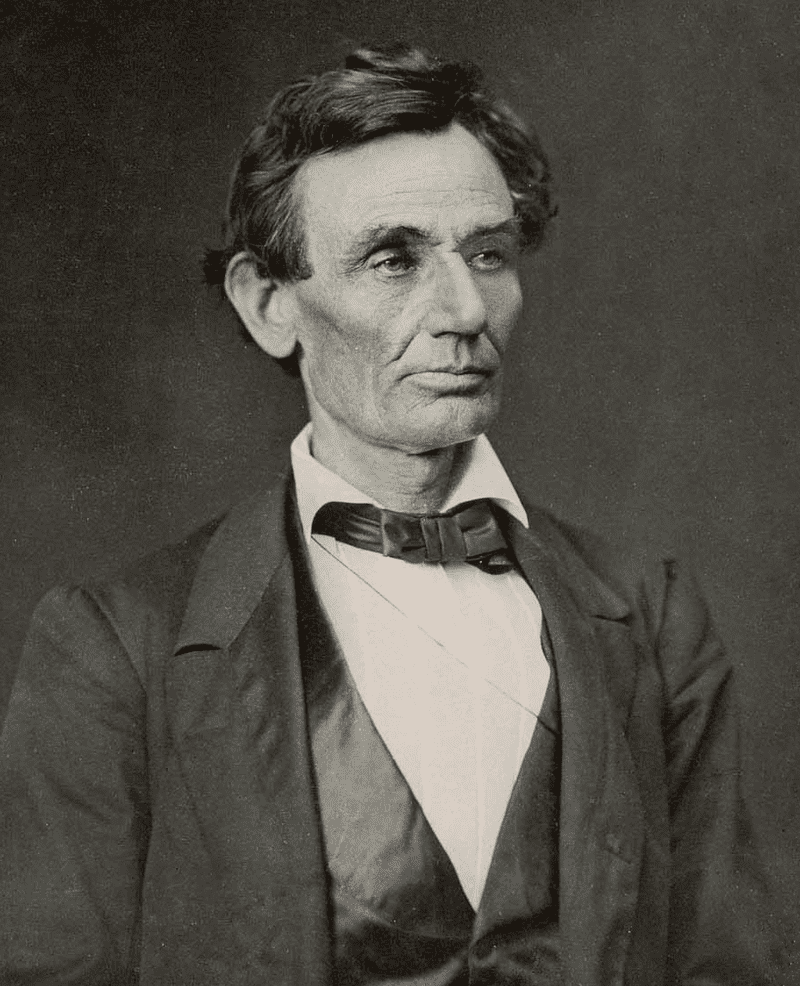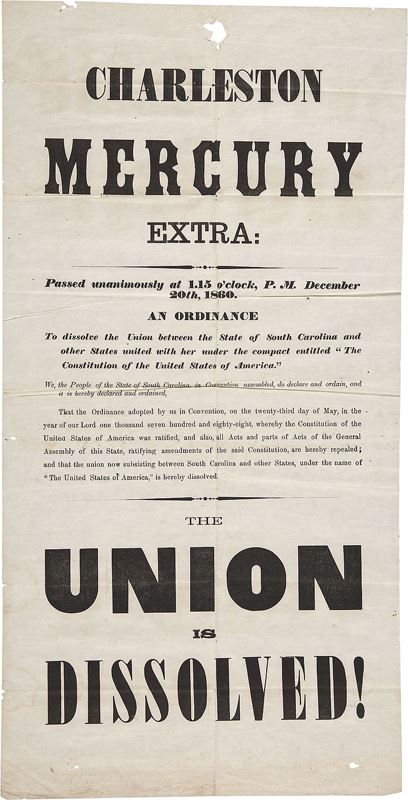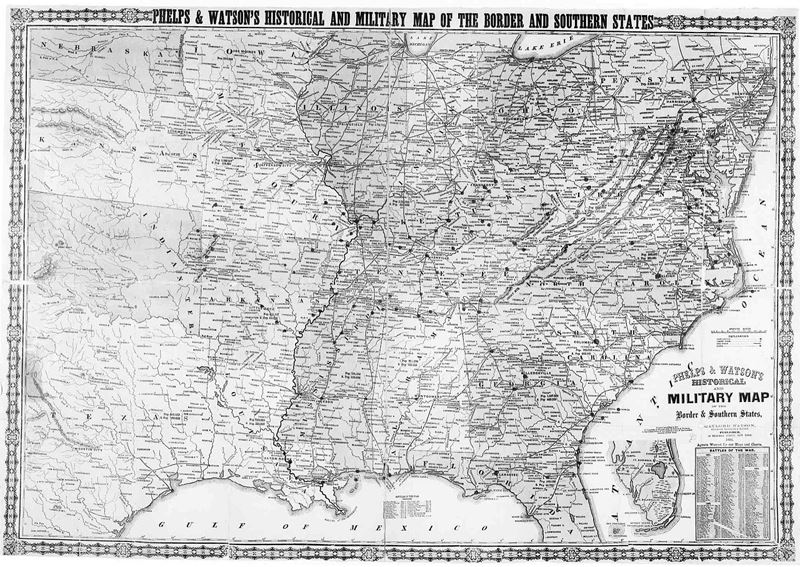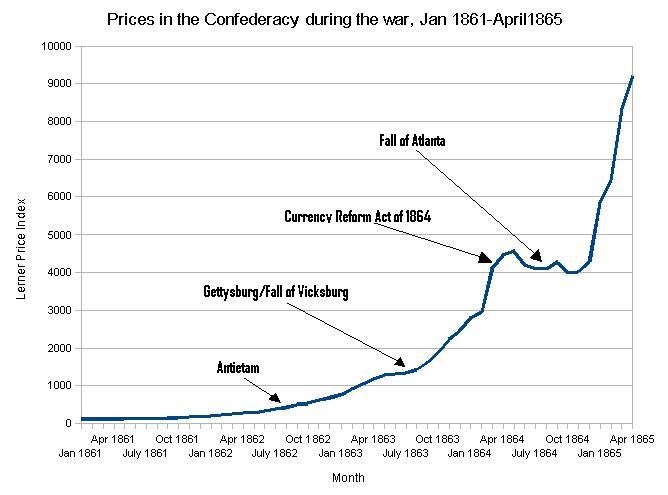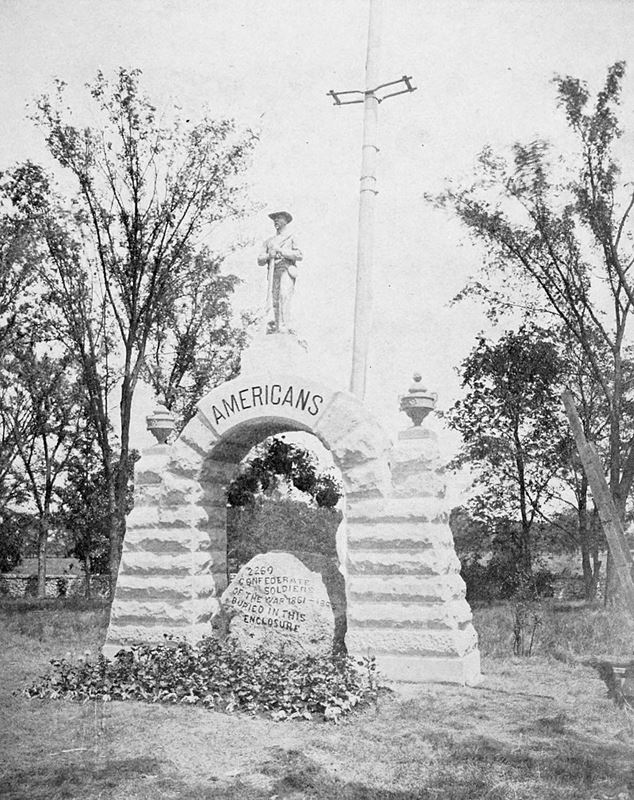Table of Contents
Introduction
The War of 1812, often overshadowed by the Revolutionary War and the Civil War in American history, remains a significant conflict that shaped the early course of the United States. Lasting from 1812 to 1815, this war against Great Britain and its allies tested the young nation’s resilience and determination.
Origins of the Conflict
The roots of the War of 1812 can be traced back to ongoing tensions with Great Britain, stemming from unresolved issues after the American Revolution. Key factors included British restrictions on U.S. trade and the Royal Navy’s impressment of American sailors.
Major Battles and Campaigns
The war saw several key battles and campaigns:
- Battle of Lake Erie: A crucial naval victory for the United States.
- The Burning of Washington: British forces captured and burned Washington D.C., including the White House.
- Battle of New Orleans: A significant American victory, led by Andrew Jackson, which occurred after the war had officially ended.
Key Figures
Prominent figures of the war include:
- James Madison: The U.S. President during the war.
- Andrew Jackson: A military hero who would later become president.
- Sir Isaac Brock: A key British military leader.
Impact and Consequences
The war’s aftermath saw no territorial changes, but it had significant consequences:
- It affirmed American independence and sovereignty.
- It stimulated a sense of national pride and identity.
Legacy of the War
The War of 1812’s legacy is multifaceted:
- It marked the end of Native American resistance in the Northwest.
- It led to the demise of the Federalist Party in the U.S.
- It inspired the national anthem, “The Star-Spangled Banner”.
Conclusion
The War of 1812, while often overlooked, played a crucial role in shaping the early United States. It reinforced America’s sovereignty and paved the way for a growing sense of national identity and unity.

